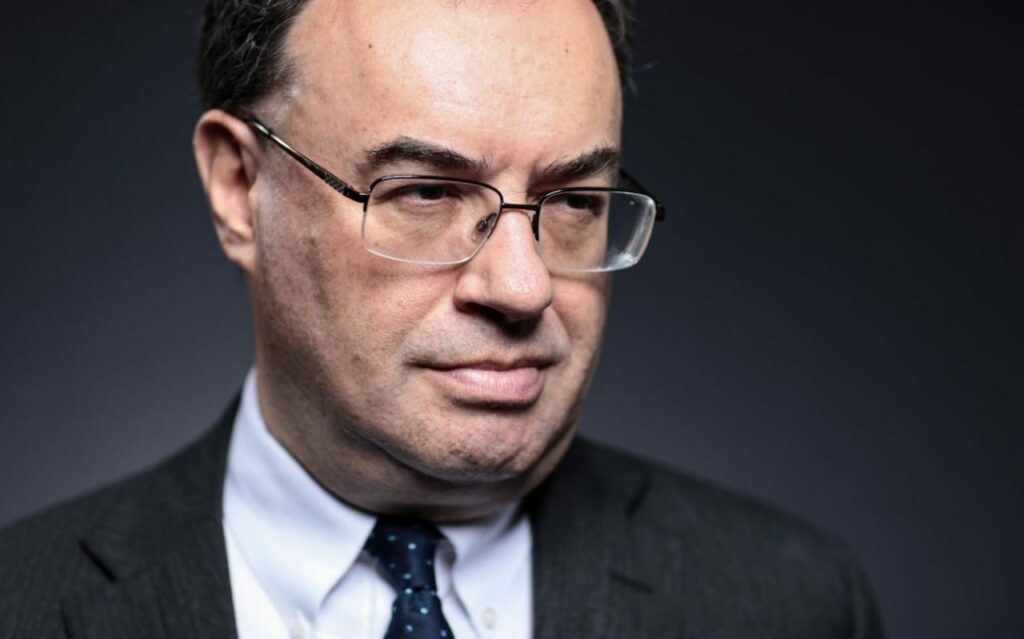Digital Zeitgeist – The United Kingdom’s Benchmark Interest Rate Was Increased By The Bank Of England by A Quarter Point To 4.25%
After the unexpected acceleration in price growth in February, the Monetary Policy Committee decides to raise the base rate.
In reaction to UK inflation that was greater than predicted and indications that the British economy was holding up better than anticipated, the Bank of England hiked interest rates by a quarter of a percentage point, bringing the total to 4.25%.
The monetary policy committee (MPC) of the Bank agreed to raise the base rate for the 11th time in a row, with a majority of seven votes to two. This occurred over a two-week period in which there was heightened anxiety in global financial markets.
It comes as a result of an unexpected increase in the annual inflation rate in the United Kingdom in February, which rose to 10.4% from 10.1% in January. The spike was fueled by food prices climbing at the quickest pace in 45 years. The official goal that the Bank of England has set for inflation is 2%.
The Bank of England also said that the outlook for the economy had improved marginally, and that it would no longer be forecasting a technical recession. A technical recession is when the GDP contracts for two consecutive quarters.
In spite of concerns over the failure of Silicon Valley Bank and the bailout of Credit Suisse by its primary competitor, UBS, which was facilitated by the Swiss government, central banks on both sides of the Atlantic have moved on with plans to raise interest rates. On Wednesday, the Federal Reserve in the United States increased its benchmark interest rate by a quarter of a percentage point, bringing it up to a range of 4.75% to 5%.
In a move that was widely anticipated by City traders in the wake of the shocking increase in UK inflation, the Monetary Policy Committee (MPC) stated that growth in the British economy was holding up better than expected, at the same time that the nine-member rate-setting panel pushed up borrowing costs to the highest level since the financial crisis of 2008.
But, it signalled that inflation was still likely to decrease “sharply” over the next months in the face of a reduction in global energy costs. This is a possible indicator that the MPC’s most vigorous attack on inflation in its history might be coming to an end in the near future.
In a signal of its future plans, the committee said that if there were to be “evidence of more persistent pressures, then further tightening in monetary policy would be required”.
According to Threadneedle Street, the UK economy is now expected to grow slightly in the second quarter of the year, after previously being forecasted to experience a 0.4% drop in activity. This new projection suggests that the recent sharp drop in global energy prices and extension of government support for gas and electricity bills will help to bolster spending.
In a ruling that was released the week after Jeremy Hunt delivered the spring budget, it was said that the measures proposed by the chancellor might help to grow the size of the economy by around 0.3% over the course of the following years. It is anticipated that the continuation of the government’s energy price guarantee, which now stands at £2,500 for the typical annual energy bill of a family, would assist in keeping real earnings from decreasing by a significant amount.
The extension in the cap is expected to lower inflation by about one percentage point, while freezing fuel duty would contribute a further third of a percentage point drop compared with its previous estimates.
Analysts believe that the upheaval that is occurring in the global financial system has the potential to further weigh on the economy, which would reduce the need for future interest rate increases at a time when headline inflation is already forecast to decrease considerably.
Two of the MPC’s external members, Silvana Tenreyro and Swati Dhingra, voted against raising interest rates because they believed that increased borrowing costs were having a negative impact on the economy and might hasten the day when interest rate reductions are necessary.
It comes amid signs that an acceleration in wage growth since the Covid pandemic has juddered to a stop in recent months, despite continuing signs of labour shortages in several sectors of the economy. This comes as it comes amid signs that an acceleration in wage growth since the Covid pandemic has juddered to a stop in recent months. Economists have hypothesised that slower rates of wage growth might lessen the likelihood of sustained high levels of inflation.
The Bank said that it was carefully following the economic implications of the collapse of SVB and UBS’s purchase of Credit Suisse, and that it will publish a detailed assessment in its next report on the economy, which is scheduled to take place in May.
The central bank’s financial policy committee said it “judged that the UK banking system maintained robust capital and strong liquidity positions and was well placed to continue supporting the economy in a wide range of economic scenarios, including in a period of higher interest rates”.
online sources: therguardian.com, bankofengland.co.uk

